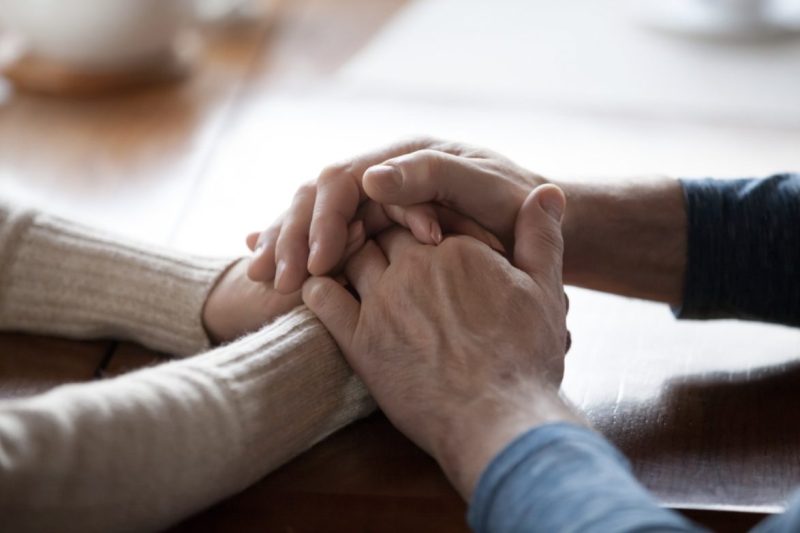As children, we look to adults for care and safety, and this role is eventually reversed when our loved one reaches a point where they need some help and support to continue to a comfortable life. Whether you live close to a loved one who matters, and incremental change is hard to detect, or you live far away so it’s hard to keep an eye on developments in their abilities, here are some important signs to look for that indicate that it is time for the person to get some assistance.
Physical
As people age, different activities become increasingly difficult, which can lead to harm when the person attempts to manage on their own. Signs that physical deterioration may be impacting the safety and independence of your loved one include decreased mobility, diminished eyesight, and trouble with lifting heavier objects. According to the Centers for Disease Control, 1 in 4 older adults falls per year, which can lead to serious injury from which it is hard to recover. If you observe that they are having trouble with mobility, AARP recommends that you get an older adult an assessment of their home to identify ways to make it safer. Help with mobility issues like arranging for or driving a loved one to the grocery store and doctor’s appointments, or handling household chores allows the older adult to continue to live at home.
Mental
Memory loss is a serious problem for older adults. It can be alleviated with intervention and care. Signs of these problems include increased isolation, less ability or willingness to talk on the phone, forgetfulness, and mood changes. A person with these symptoms can put themselves at further risk by forgetting to take medication, getting lost while out of the house, leaving the stove on, and other dangerous (in)activities. Instead of relying on the older adult to manage for themselves, it’s important to find ways to help them to take care of themselves. A home healthcare specialist can assist with taking medications, handling basic hygiene, and managing other activities that can get neglected.
Emotional
In addition to dementia, depression is another mental health issue that affects older adults. Isolation, declining health, and loss of friends and loved ones can take a serious toll on a person, and these are all part of aging. An older adult does not have to suffer unduly from depression. In addition to excellent medications, regular interaction with a home health aide, as well as activities outside of the house can be important ways to keep an older adult from further decline.
If your loved one is experiencing a decline in their physical, mental, or emotional health, it may be time to intervene. A first step can be an assessment by an aging care specialist. SmithLife Homecare offers a free in-home assessment and a wide range of services that can support adults with their independence, safety and living comfortably as they age in place. Serving Montgomery County and Washington DC. Contact us today to schedule your free assessment.
Note from the author-
Thank you for reading our latest blog post at SmithLife Homecare. If our content has been helpful, please share it with others. We’re committed to providing valuable insights on homecare and well-being, with fresh content monthly. We value your feedback and suggestions; feel free to leave a comment below. Your support helps us make a difference. Stay tuned for our monthly blog posts!

About the Author-
Renan Augusto is the Director of Digital Marketing for SmithLife Homecare. SmithLife Homecare is a senior in-home care provider located in Rockville, MD & Washington, D.C. Renan has a Master of Science in Digital Marketing. He helps families with starting home care service. He holds credentials as a Certified Dementia Practitioner, Senior Home Safety Specialist, and Meta Certified Digital Marketer.
